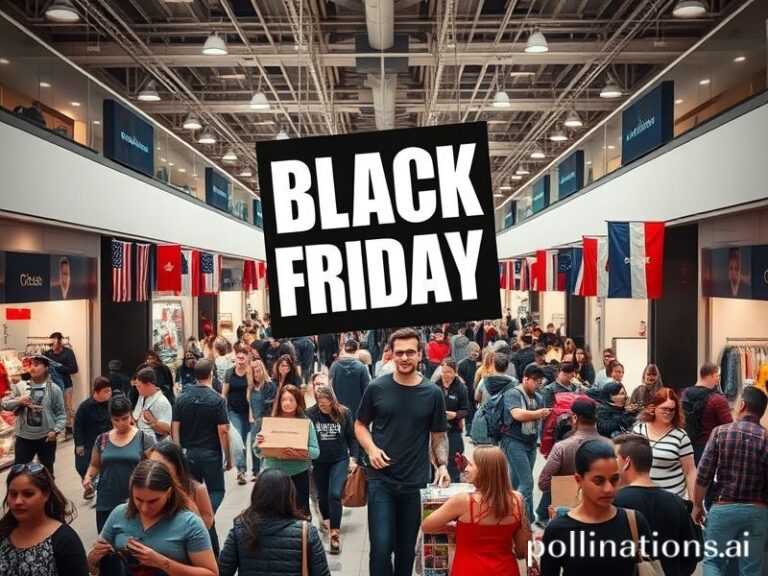Ethel Cain: How America’s Southern Gothic Became the World’s Favorite Apocalypse Soundtrack
In Praise of the American South’s Slow-Motion Car Crash: Ethel Cain as Global Warning Label
By the time the first church bell tolls in Perry, Florida, the rest of the planet has already turned the page—stock markets in Shenzhen, lunch lines in Lagos, TikTok teenagers in São Paulo scrolling past another clip of some girl with a voice like molasses and a backstory straight out of a Flannery O’Connor fever dream. Ethel Cain, née Hayden Silas Anhedönia, has become a boutique export: Southern Gothic made Spotify-streamable, trauma rendered in 24-bit audio for anyone with premium headphones and a mild curiosity about the United States’ ongoing nervous breakdown.
That her debut album, Preacher’s Daughter, plays like a concept record about the slow asphyxiation of the American dream is not, in itself, news. What is mildly hilarious is how efficiently it translates. From Berlin basement clubs where kids in fishnets mouth the words to “Crush” while sipping Club-Mate, to Manila Uber rides where the driver hums “American Teenager” between traffic jams, the same themes—patriarchal rot, small-town claustrophobia, the comedic futility of trying to love your way out of generational doom—feel oddly universal. Turns out the planet is lousy with places where grandmothers keep loaded guns in the china cabinet and everyone has a cousin who got radicalized by YouTube.
International critics adore the novelty: a queer, 6’1″ drag daughter of a deacon, crooning over shoegaze organs about cannibalism and baptism, as if Lana Del Rey had been force-fed Faulkner and left to marinate in Florida humidity. European festivals book her between sets of hyperpop DJs and Scandinavian black-metal acts, delighted by the spectacle of a barefoot American in a thrifted slip, confessing sins that sound suspiciously like everyone else’s. Meanwhile, Middle Eastern streaming data shows an improbable spike in Riyadh—a city not famous for its appetite for lyrics about eating your lover—suggesting that repression, too, is a borderless currency.
The economics are almost too tidy. A country that exports drone strikes and diet fads now monetizes its own decay, packaging rural desperation as aesthetic for consumers who will never smell the mildew of a swamp-cooled church. Spotify pays fractions of a cent per stream, but the algorithm loves a good redemption arc wrapped in reverb. Columbia Records, owned by Sony, headquartered in Tokyo, collects the micro-pennies while Japanese teenagers cosplay Ethel’s prairie-goth drag. Somewhere, an MBA in a WeWork is already pitching “Southern Gothic, but K-pop.”
Of course, the joke is on all of us. The same week Preacher’s Daughter cracked the global Viral 50, the Supreme Court back home was busy reenacting The Handmaid’s Tale for sport. International audiences get to enjoy the opera of American collapse without having to live next door to it—much like watching Chernobyl on HBO from a safe, irradiated distance. Ethel Cain’s trauma becomes a consumable mood board; her references to FEMA camps and bloodlines just exotic enough to feel edgy in a Copenhagen co-working space.
And yet, cynicism has its limits. When she sings “I’m still a child in my father’s house,” the line lands with equal force in Istanbul or Iowa, because patriarchy, like rust, never sleeps. The planet’s teenagers recognize the sound of someone trying to exorcise a ghost that won’t be named; whether that ghost is called God, country, or Dad hardly matters. In that sense, Ethel Cain is less a musical act than a global weather report: high pressure system of generational guilt moving in from the Gulf, expect scattered screams overnight.
So cue the outro, fade the reverb. The world keeps spinning, algorithms keep feeding, and somewhere in a dimly lit bedroom in Buenos Aires, a kid presses repeat on “Thoroughfare,” convinced those seven minutes of roadside dread might finally explain why family dinners feel like hostage negotiations. We laugh, because the alternative is admitting that the export of American angst is the only growth industry left with a reliable supply chain. Amen, pass the communion Xanax.







